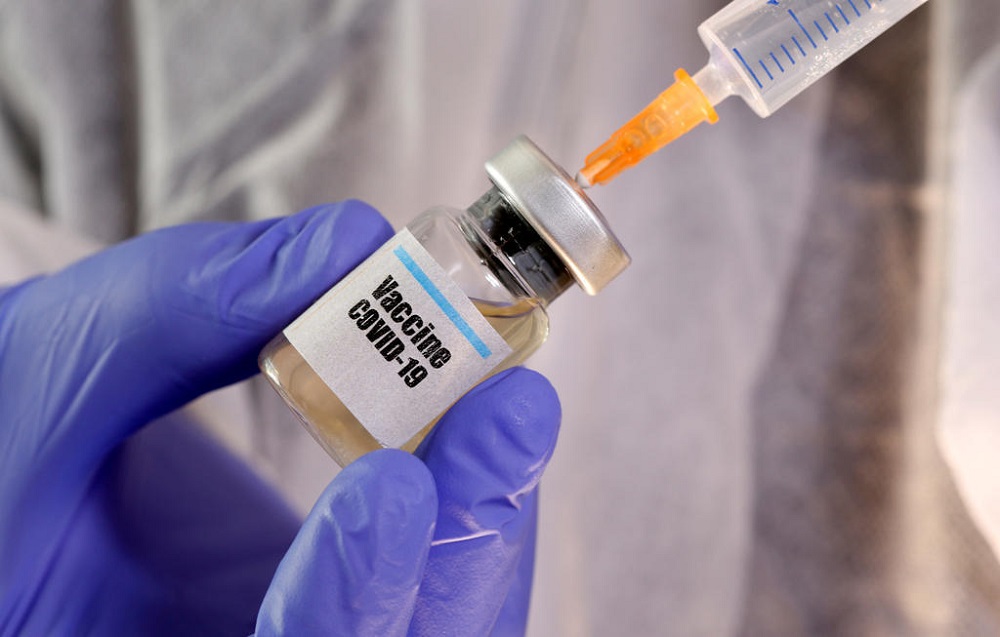SINGAPORE, Dec 5 — Singapore has pledged US$5 million (RM20.3 million) to a global initiative aimed at securing doses of Covid-19 vaccines for 92 low- and middle-income countries.
The funds will go to a World Health Organisation (WHO) led effort aimed at ensuring all countries will have access to a working coronavirus vaccine, or vaccines, regardless of their wealth.
The official name of the effort is Covid-19 Vaccine Global Access (Covax). The fundraising arm is called the Covax Advanced Market Commitment (AMC) mechanism.
The effort is driven by the principle that a truly effective global effort to beat Covid-19 needs people of all countries to be inoculated.
In the words of the WHO, which launched Covax in April: “With a fast-moving pandemic, no one is safe unless everyone is safe.”
Singapore’s contribution was announced in a joint statement by the Ministry of Health and the Singapore Ministry of Foreign Affairs yesterday.
The AMC directs development aid as well as private sector and philanthropy donations to poorer countries that may not otherwise be able to afford the vaccine.
What this means is that the funds raised under the AMC will be used to cover part of the cost to purchase and deliver doses of the vaccine for the 92 eligible countries.
According to the Global Alliance for Vaccines and Immunisations (Gavi), one of the partners involved in the Covax initiative, these countries can thus expect to pay about US$1.60 to US$2 per vaccine dose.
Currently, pharmaceutical firms Pfizer and BioNTech — whose vaccine candidate was the first to be given the green light by the United Kingdom — have priced their vaccine at US$19.50 a dose.
Some of the eligible countries include Cambodia, India, Indonesia, Nepal, Pakistan, the Philippines and Vietnam.
Who else has contributed?
As of November 17, more than US$2 billion had been raised by the Covax AMC, according to a list of donors published on Gavi’s website.
The 23 contributing countries include Canada, Germany, Japan, South Korea, New Zealand and the United Kingdom.Canada has pledged about US$194 million in total to the fundraising efforts, while the United Kingdom will contribute about US$730 million.
In Asia, Japan will contribute US$130 million, while South Korea has pledged US$10 million to the initiative.
Some of the donations have also come from organisations.
The Bill and Melinda Gates Foundation — which established Gavi in 1999 — has pledged a total of US$156 million, for example.
Will low-income countries still be left behind in vaccine race?
A recent study by researchers at the Duke University’s Global Health Innovation Centre found that higher income countries have already purchased 3.8 billion doses of potential Covid-19 vaccines.
For lower- and middle- income countries, the total is only over 1.7 billion doses.
The researchers said this suggests that low-income countries will be entirely reliant on the doses allocated under the Covax initiative, which currently seeks to fund enough doses to cover 20 per cent of their populations.
Some low-income countries may therefore have to wait until 2024 to vaccinate their populations, they said.
Echoing these sentiments, Philippine official Carlito Galvez Jr was reportedly critical of wealthy countries for snapping up at least 80 per cent of the future supply of Covid-19 vaccines.
“We are fighting for the 18 per cent because Covax has gotten the other (2) per cent,” said Galvez, who is the Philippines’ Covid-19 policy chief implementer.
He added that without the Covax AMC initiative, the Philippines “will be at the tail end of the supply chain”.
What is the Covax facility?
Aside from the fundraising arm, the Covax initiative also includes a purchasing facility for higher income countries to gain access to any of the vaccine candidates approved under Covax’s portfolio.
According to the Gavi website, Covax has nine Covid-19 vaccines under development and a further nine under evaluation.
The Covax facility aims to secure two billion doses of potential coronavirus vaccines by the end of 2021, half of which will go to lower-income countries.
Priority will be given to high-risk and vulnerable communities such as frontline healthcare workers.
Singapore was one of the first countries to express interest in joining the facility when it was first conceived, and is now co-chairing the Friends of the Covax Facility initiative with Switzerland to promote vaccine multilateralism.
As of Wednesday, 189 countries have signed up to participate in the facility.
Chiefly missing, however, is the United States, which has decided to sit out the Covax initiative — at least until the Biden administration takes office on January 20.
This has led some observers to question whether the initiative will succeed without the participation of the world’s largest economy. — TODAY






















